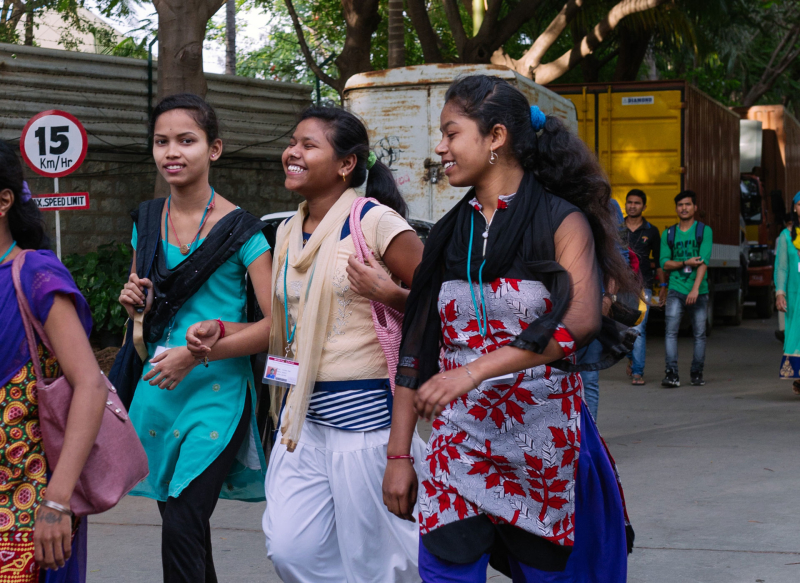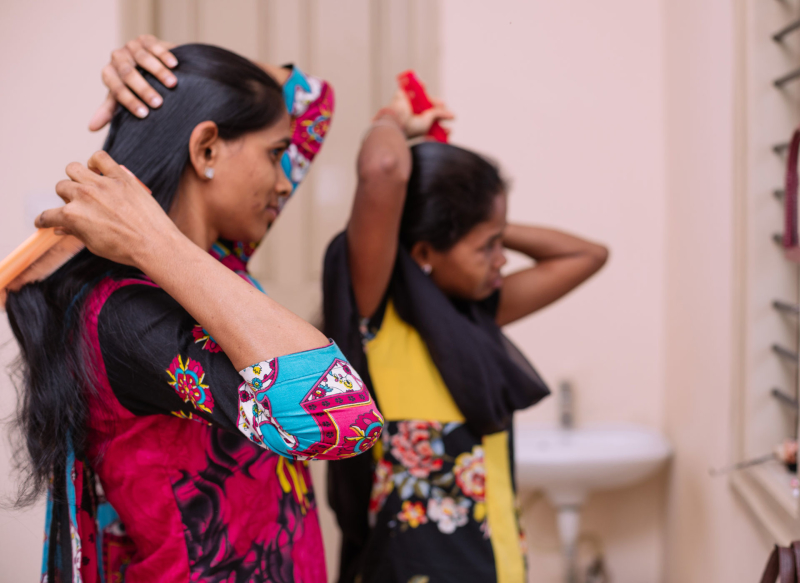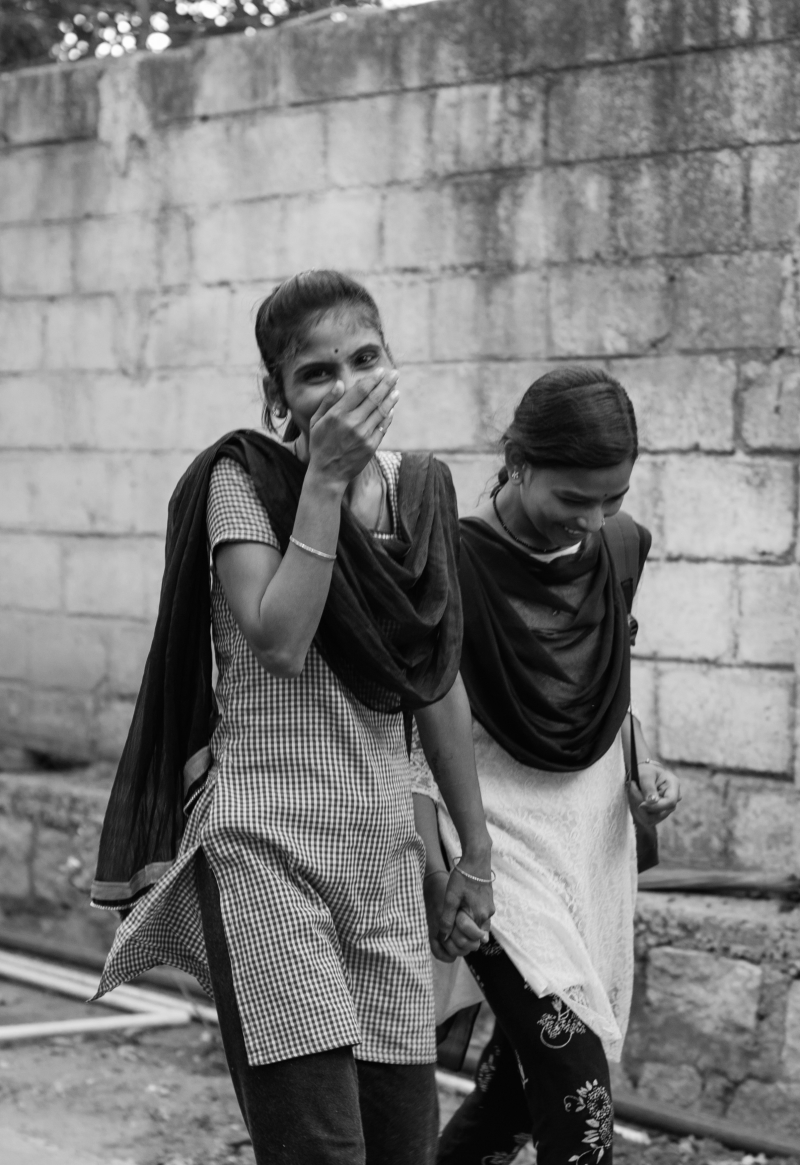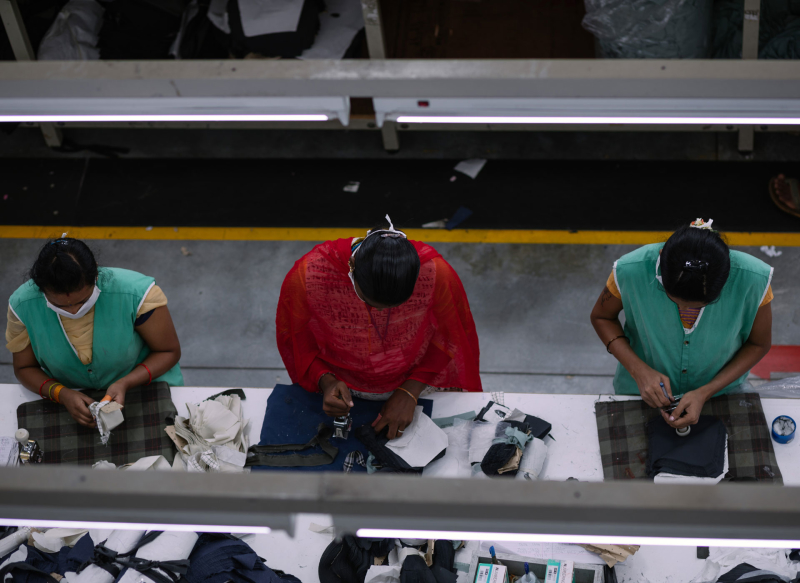FOCUS AREA
BUILDING HOLISTIC HEALTH
LOCATION
Karnataka
REACH
500 workers for pilots, impacts 120,000 workers if scaled all over Shahi
PARTNERS
University of Michigan, Shahi Exports
STAGE
- DESIGN
- EVALUATE
- ANALYZE
- DISSEMINATE
- SCALE-UP
Navigating The Mental Health Challenges of Migration
CHALLENGES AND OPPORTUNITIES
Migrant workers often lose important support networks as they migrate. As a result, they are exposed to unique mental health challenges. Social isolation can potentially exacerbate the complex issues they face. To address the harmful effects of these problems on workers and their work, we initiated a project which harnesses the power of human connections. The intervention, named Buddy System, pairs newer migrant workers with experienced counterparts who can act as their mentor. Buddy System aims to understand if connecting migrant women would improve their mental health, while also increasing worker retention at firms employing a significant number of migrant workers.
RESEARCH QUESTION
Can we improve the retention of migrant workers if we introduce policies to reduce loneliness and social isolation? Will this positively impact women migrants’ mental health?
RESEARCH DESIGN
Using a randomized controlled trial, we conducted a pilot study in two Indian garment factories. The study was conducted for four months between 2019 and 2020. 80 recent migrant women from Odisha were paired with 80 women from the same state who had been working at the factories for longer. For the next phase we intend to train the more experienced migrants in Cognitive Behavioral Therapy (CBT) and then evaluate the impact of peer to peer treatment on the mental health of young women migrant workers.
FINDINGS AND IMPLICATIONS
- Preliminary results show promising outcomes for both the new migrant workers and the senior buddies they were paired with. On average, this group experienced a 5.3% reduction in depression, a 5.9% decrease in anxiety, and a 6.4% boost in productivity.
- In our control group, we found only 15% of new migrants managed to connect with senior migrants after arriving in a new city, as opposed to 27% among those who received support.
With this, we are beginning to understand how helping migrant workers build stronger social networks and a sense of community can significantly enhance their mental health and wellbeing. Final results to follow soon.
Image credits: Nayantara Parikh



